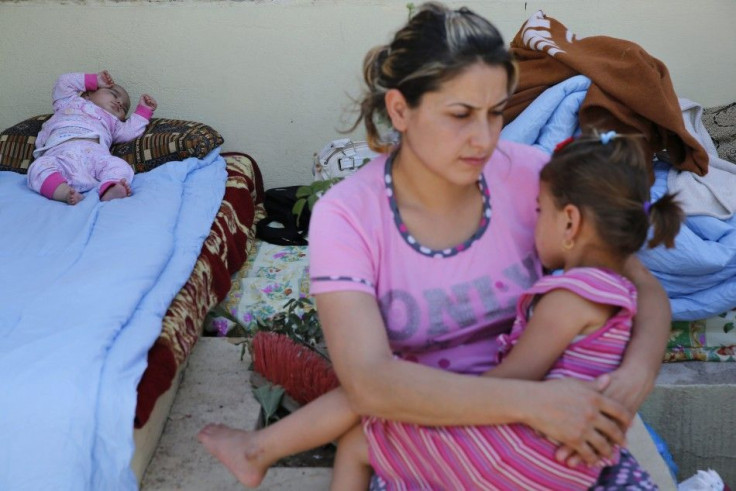Baby’s Size Depends on Mother’s State of Physical Health

The state of health of a woman during pregnancy very much determines the size of her newborn baby.
The study by Oxford University researchers also essentially debunked earlier findings that a baby's size was largely determined by the race and ethnicity to which it belongs.
Looking at 60,000 pregnancies from a wide scope countries that included Brazil, China, India, Italy, Kenya, Oman, the U.K. and the U.S., researchers found that well-educated mothers who maintained good health and ate well during pregnancy gave birth to babies with similar sizes.
"Currently we are not all equal at birth. But we can be," Professor Jose Villar of the Nuffield Department of Obstetrics & Gynaecology, University of Oxford and study lead author said. "We can create a similar start for all by making sure mothers are well educated and nourished, by treating infection and by providing adequate antenatal care."
"Don't tell us nothing can be done. Don't say that women in some parts of the world have small children because they are predestined to do so. It's simply not true."
Using ultrasound, researchers measured the bone growth of the babies while still in the womb. They found striking similarities across racial and ethnic groups. However, these similarities were only well within the well-educated, healthy circles.
The mean length at birth of the newborns was 49.4 ± 1.9 cm.
This meant that regardless of where the pregnant woman is in the world or where the child is born, an Asian baby could be at par with its Western counterpart if its mother was healthy, well-nourished and well-educated during her pregnancy.
A number of factors can lead to small babies, the study said. These include the mothers' poor nutrition and health over a long period, infections, complications during pregnancy, smoking, alcohol, physically demanding work during pregnancy and the baby's premature birth.
But overnutrition could also become a problem because of rising rates of obesity that result in more large babies being born.
The researchers reported their findings in The Lancet, Diabetes & Endocrinology. The study was funded by the Bill & Melinda Gates Foundation.





















